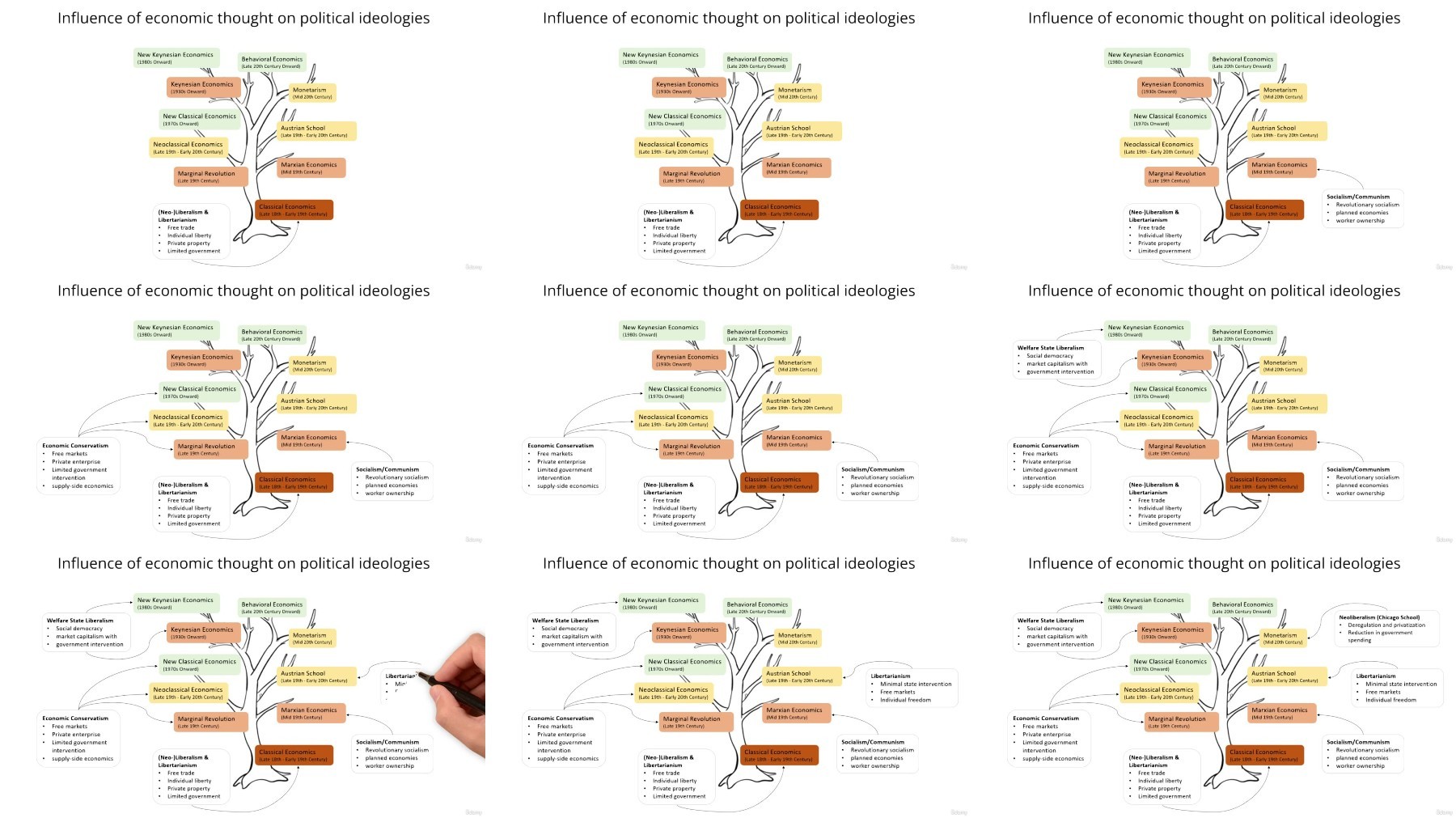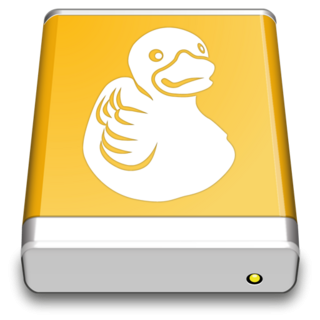Most Commented
Economics 101 - Historical Evolution of Ideas & Theories




Description material

Economics 101 - Historical Evolution of Ideas & Theories
Published 10/2024
MP4 | Video: h264, 1280x720 | Audio: AAC, 44.1 KHz, 2 Ch
Genre: eLearning | Language: English | Duration: 19 Lectures ( 2h 15m ) | Size: 971 MB
Learn about the concepts of the Great Thinkers of Economics and their lasting influence
What you'll learn The Origins of Economic Ideas: Discover the foundational theories that emerged in response to the economic challenges of their time
Influential Economists and Their Theories: Get to know the key figures in economic history and understand the impact of their ideas
The Evolution of Economic Schools: Trace the development of different economic schools, from classical to contemporary
Economic Thought in Practice: See how historical economic theories have influenced policies, shaped societies, and continue to affect our lives today
Requirements Only a curious mind :-)
Description What will this course cover?This course offers an insightful journey through the rich, diverse and versatile history of economic thought, from the pioneering ideas of classical economists like Adam Smith and David Ricardo to the revolutionary theories of Karl Marx. We will trace the evolution of economic theory over time, delving into how neoclassical economics, which emerged from the marginal revolution, addressed the limitations of classical economics. Along the way, you'll encounter influential thinkers such as William Stanley Jevons, Carl Menger, Léon Walras, Alfred Marshall, Arthur Pigou, and Vilfredo Pareto.We will also examine the rise of Keynesianism, developed in response to the Great Depression, which challenged classical economics' failure to explain prolonged unemployment and advocated for government intervention. The Austrian School of Economics emerged as a counterpoint to socialist economic theories and growing interventionism, while Monetarism, led by Milton Friedman, arose in response to the shortcomings of Keynesian policies in the 1970s, particularly with regard to inflation.Finally, we will explore the rise of modern schools of thought, which blend elements from earlier traditions, such as the neoclassical and new Keynesian schools, as well as behavioral economics, which questions the classical and neoclassical assumption of the fully rational decision-maker.Why should you sign up for this Course?Understanding the evolution of economic thought is essential for anyone interested in economics, history, or social sciences. By learning about past theories and ideas, you'll gain insights into the economic challenges we face today and how we might address them. This course will equip you with a deeper appreciation of the intellectual history of economics and prepare you to critically engage with contemporary economic issues.
Who this course is for Everybody who wants to critically engage with economic issues

FileAxa
Warning! You are not allowed to view this text.
RapidGator
Warning! You are not allowed to view this text.
FileStore
TurboBit
Warning! You are not allowed to view this text.
Join to our telegram Group
Information
Users of Guests are not allowed to comment this publication.
Users of Guests are not allowed to comment this publication.
Choose Site Language
Recommended news
Commented



![eM Client Pro 9.2.1735 Multilingual [Updated]](https://pikky.net/medium/wXgc.png)






![Movavi Video Editor 24.0.2.0 Multilingual [ Updated]](https://pikky.net/medium/qhrc.png)

